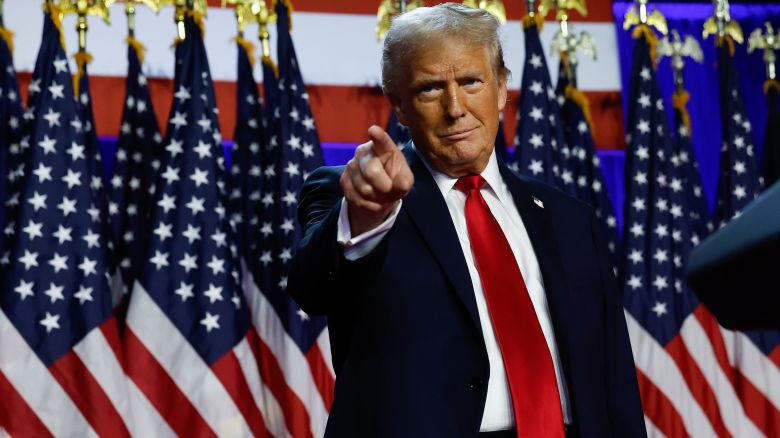President-elect Donald Trump recently reaffirmed plans to declare a national emergency on border security, which could involve using U.S. military forces for a mass deportation of undocumented migrants. This move underscores his continued focus on immigration reform following his victory in the November 5 election.
While there may not be a direct link between this policy and Africa’s economy, its implications could have far-reaching effects.
These potential consequences are multifaceted, affecting various economic aspects in ways that could impact Africa’s financial stability and growth.
Impact on Remittances
One of the most immediate impacts could be on remittances. Many African families depend on money sent by relatives working in the United States, and a large-scale deportation could sever these crucial financial lifelines.
- Advertisement -
African countries like Nigeria, Ghana, and Kenya are heavily reliant on remittances, which constitute a significant percentage of their GDP. For instance, remittances to Sub-Saharan Africa amounted to $46 billion in 2020, a lifeline for many households.
If a significant portion of African immigrants in the U.S. were deported, the resulting loss of remittances could slow down economic growth in these countries, particularly in rural areas where dependence on such financial inflows is high. Moreover, the destabilization of income streams for families could lead to increased poverty levels and social unrest in some regions.
US-Africa Trade Relations
Trump’s proposed mass deportation plan may also affect trade relations between the U.S. and African nations. Under his presidency, America adopted a more isolationist stance, with policies such as reducing aid to African countries and curbing certain trade agreements.
If Trump’s policies return to a focus on stricter immigration controls, the political fallout could dampen U.S.-Africa trade relations. African nations with significant export interests to the U.S. could experience difficulties as these new policies might lead to less favorable trade terms, fewer investments from U.S.-based companies, and a reduction in bilateral agreements. Moreover, a more protectionist U.S. stance might further diminish Africa’s share in the global market, affecting sectors such as agriculture, textiles, and energy.
Labor Market Disruptions
Another potential impact of Trump’s deportation plan on Africa’s economy is the disruption of labor markets. Many African immigrants in the U.S. contribute significantly to the American labor market, particularly in low-wage sectors like agriculture, construction, and service industries. A large-scale deportation would force many individuals to return to their home countries, which could lead to an influx of returnees into already overstretched labor markets.
- Advertisement -
This could create tensions in local job markets, especially in countries that struggle with high unemployment rates and a lack of sufficient job creation. The arrival of skilled and unskilled labor from abroad could exacerbate competition for jobs and depress wages in certain sectors, particularly if there are no corresponding economic growth strategies to absorb this workforce.
Global Economic Uncertainty
Lastly, the potential global economic instability caused by Trump’s immigration policies could indirectly affect Africa’s economies. A mass deportation could generate significant political tensions, not only within the U.S. but across the world. The resulting economic uncertainty, including potential disruptions in global trade and investment flows, could ripple through Africa.
Countries that rely on foreign direct investment and trade with the U.S. might see reduced inflows of capital and resources, impacting sectors like manufacturing, technology, and infrastructure development. Furthermore, African economies could experience a tightening of global financial conditions, as investors may seek safer, more stable markets during times of U.S. political uncertainty.
Conclusion
While the effects of Trump’s immigration policy on Africa’s economy are speculative, the potential impacts could be significant.
The full extent of these effects will depend on how the plan is implemented and how African nations respond to the challenges presented by shifts in U.S. immigration policy. As such, African leaders will need to adopt proactive economic strategies to mitigate the negative impacts and find alternative sources of growth and stability.










